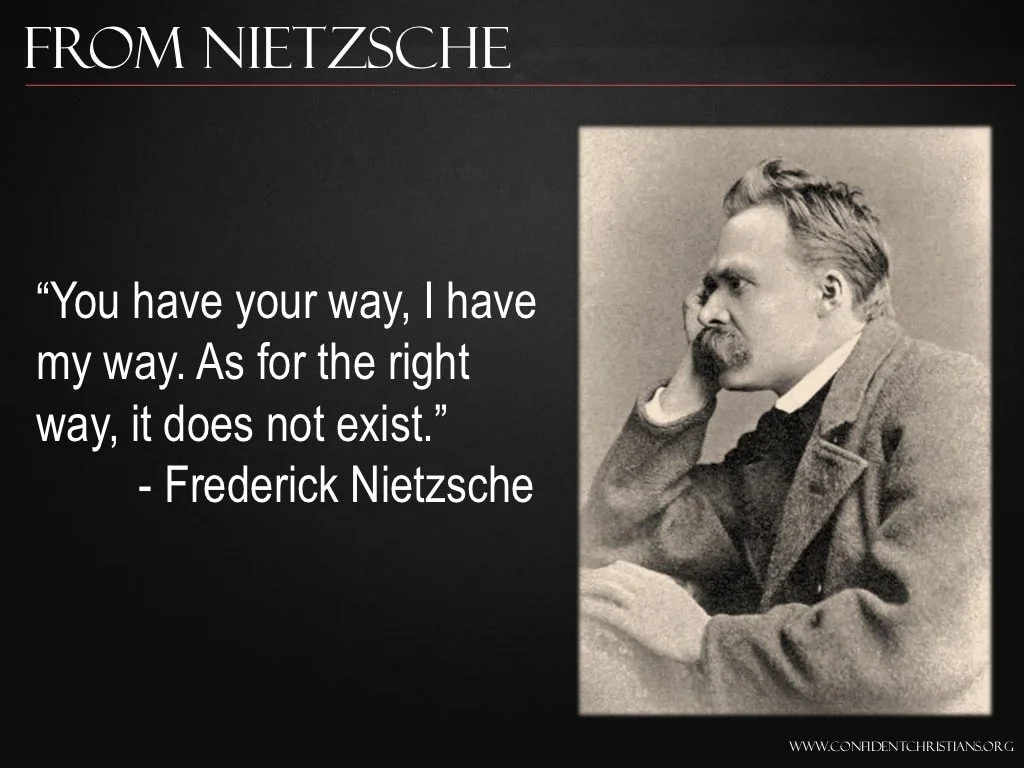Immediately after an episode (last week) where I explained why governmental power (because it is too commonly insidious) should be slow-walked? Hamas invaded Israel. After I narrate some of the horrors of that, I explain my initial reactions to this heart-breaking event. What do we do to mitigate the "cycle of violence"? Or, is "cycle of violence" even the accurate way to assess what's going on? Then I frame our catastrophic-feeling era in light of both history and theology. Many Christians today—Catholics, Protestants, and Eastern Orthodox—sense how apocalyptic this all feels. So, are we in THE end times?
All in Why Does Morality Matter?
322 Secular vs. Sacred (12) Questions to Ask in Honest Conversations
A recent experience at the Oregon coast: an unknown woman walked into our camp and began to visit with us. When, after ten minutes, the pleasant conversation turned to the cultural-shift she went on a verbal tirade. It made me think, what are some good questions to ask in an honest conversation? Why are questions disarming? Why do questions make for space? Oh, and this episode has a "special" advertiser joining us. Come laugh and think with me.
319 Secular vs. Sacred (9) When Darwinism Drowns
Darwinism asserts there is no there-there. Life's just the product of random chance. And so, life is inherently meaningless and empty. But most Darwinists, even in our crazy PoMo society, cannot live inside such emptiness or meaninglessness. Drowning in emptiness but still hearing the echo of morality in their souls, what do they do? They make leaps of faith, leaps of faith that defy the cold-emptiness of Darwinian philosophy. Even, I'm sad to say, even Jordan Peterson makes such faith-leaps. How so?
295 Shotgun: St. Musk?, Archetypal Amy Grant
This show's four themes: a) Elon Musk, b) me being 61-and-a-half, c) how Anglicanism compares to Catholicism, and, d) Amy Grant's version of Christianity. Why do some want to nominate Elon Musk for American sainthood? What has been thrown into relief for me as I've been doing my daily bible readings from the church lectionary these last 5 years? How is Anglicanism different from Catholicism? And how does music star Amy Grant represent a massive cultural shift inside of low-church Christianity? What does her archetypal perspective do to Christian mission? Come think and laugh with me!
023 Why Does Morality Matter? (4) The Role of Eschatology
What was Jesus about? How did eschatology define both he and his ministry? If Christianity is about going to heaven when we die, why does morality even matter? Jesus was stunningly oriented to eschatology (end-life, after-life) and eschatological themes. These themes still matter today for those of us who follow the risen one. Christian morality is inseparable from eschatological underpinnings.
022 Why Does Morality Matter? (3) Robbery at Albertson's
Morality matters to Jesus. In fact, sometimes he was downright forceful about morality! He didn't come just so we could go to heaven when we die. In his ministry he modeled all manner of ways he wanted to transform society; and I develop those herein. God cares about the common good. Indeed, he wants shalom for us, and salvation is shalom is salvation.
021 Why Does Morality Matter? (2) A Look at the Old Testament
The Old Testament shows us that morality truly matters to God. But why did God take a huge chunk of 39 books, a huge chunk of human history, and go on and on about morality? Isn't Christianity just about being saved and going to heaven? I reference the movie Apocalypto to help us understand the OT context. (I also review Star Wars: The Last Jedi.)
020 Quick Hitter: Why Does Morality Matter? (1)
Between the massive cultural slide into moral relativism and the Church's growing silence, morality does not much seem to matter for Christians. But just what does Jesus' identity have to say toward this mawing gap? Listen to this 5 minute episode.








